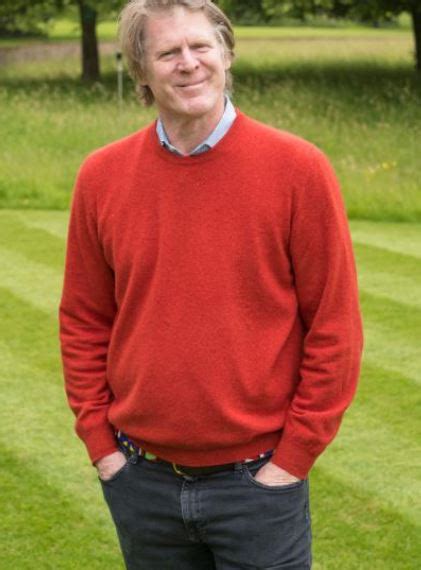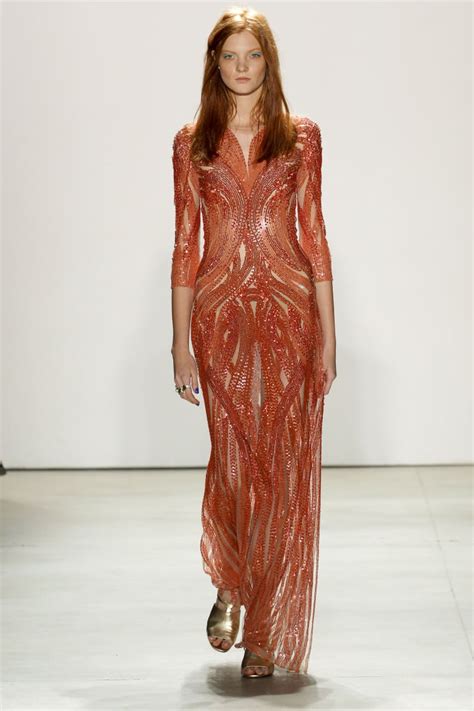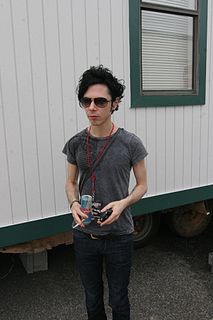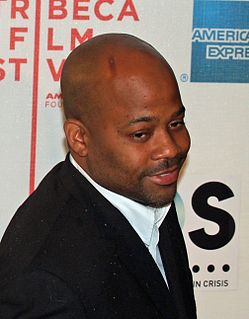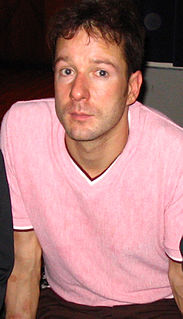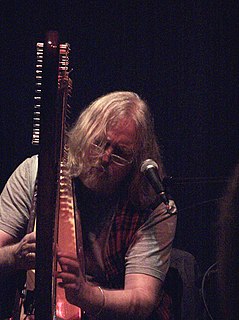A Quote by Erin McKeown
As a consumer of culture, I like a wide range of emotions to be touched in art. It's funny but on the other side of it, I do feel that people that are trying to sell culture would like to see a narrower range of expression from their content-makers. Easier to sell I guess.





